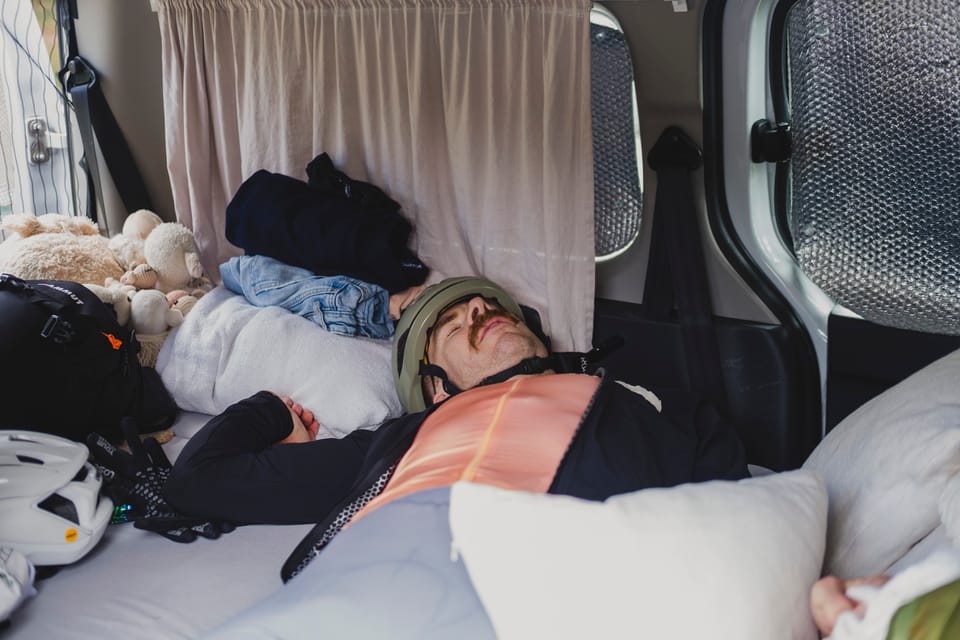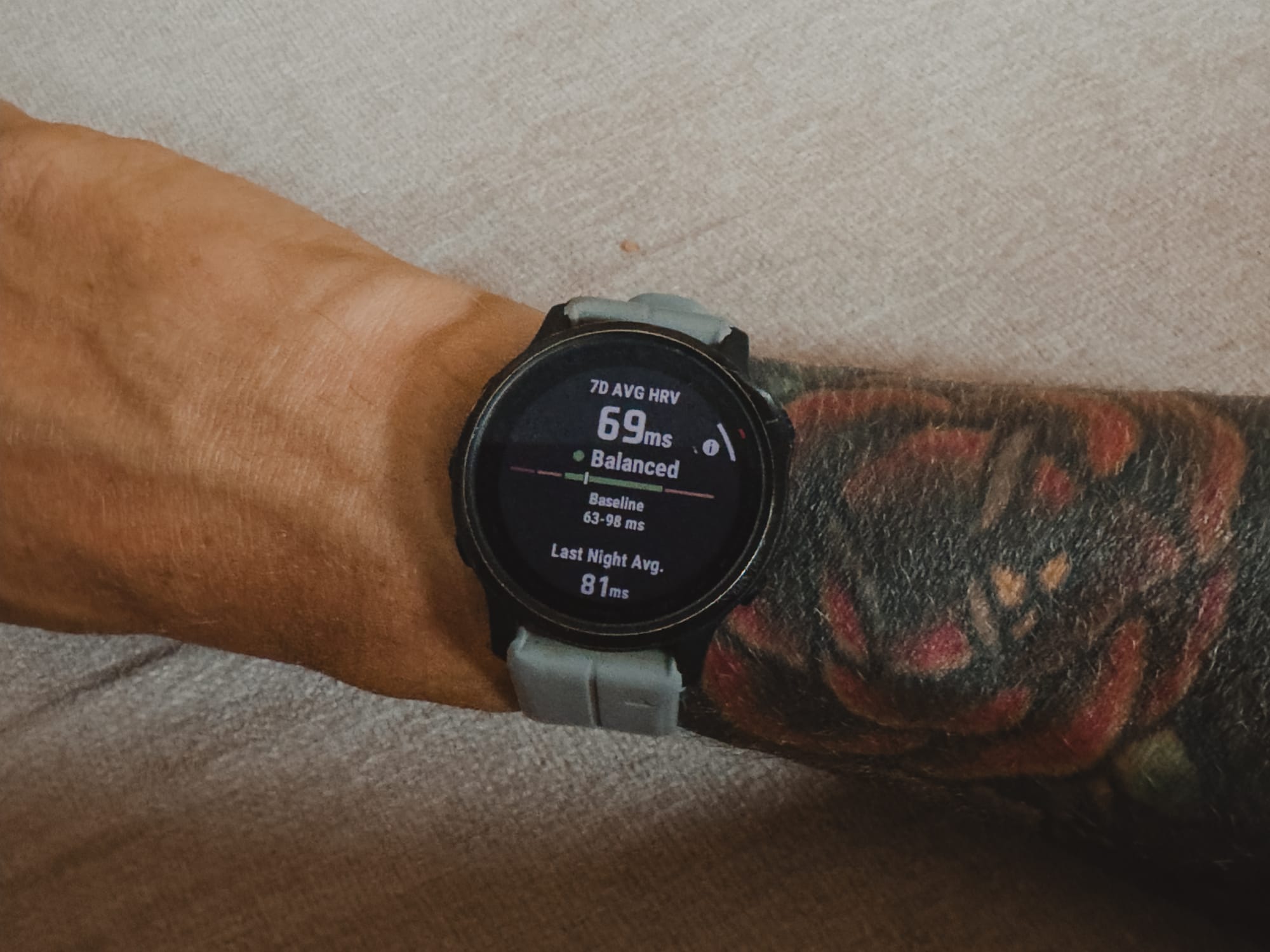Why Pressing Pause on Training During Insomnia Can Make You Stronger

Cyclists hate the idea of stopping. We push through bad weather, sore legs, and the odd mechanical. But there’s one thing I’ve learned the hard way, if you’re dealing with insomnia, sometimes the best training session you can do is… no training at all.
The Problem Isn’t Just Tiredness
When you’re not sleeping properly, your body misses out on the single most important recovery tool it has. Muscle repair, hormone regulation, glycogen replenishment — these all happen most effectively during deep sleep. Without it, training stress starts to pile up without the recovery to balance it.
And it’s not just about legs feeling heavy. Lack of sleep can affect coordination, reaction time, and even decision-making on the bike. That means higher risk of crashing, pushing too hard, or simply burning out.
Training Through Insomnia Can Backfire
The temptation is to keep going, thinking “I’ll ride it off”. But hard training when your body is already stressed from lack of sleep often just makes things worse. Your immune system takes a hit, recovery drags, and eventually you either get sick, injured, or both.
I’ve been there, dragging myself out for intervals after a few bad nights, wondering why my numbers were in freefall. The truth was, my body wasn’t underperforming because I wasn’t trying hard enough… it was because it was trying to survive, not get fitter.
Why Rest Is the Smarter Choice
Pressing pause isn’t weakness, it’s strategy. By skipping or replacing intense sessions with gentle recovery rides or complete rest, you give your body the space to reset. Sleep debt doesn’t vanish in a single night, but reducing physical stress helps it catch up faster.
And here’s the twist: you’re more likely to come back stronger. Once sleep normalises, you can train at full capacity again instead of limping through sessions at 70%. One solid week of well-rested training beats three weeks of half-hearted rides fuelled by caffeine and stubbornness.

My Go-To Pause Plan for Insomnia
When sleep’s gone off the rails, here’s what works for me:
- Drop intensity completely: no intervals, no hill repeats.
- Focus on gentle movement: easy spins, walking, stretching.
- Prioritise a consistent bedtime routine: screens off, lights low.
- Fuel well: even without big rides, balanced meals help regulate energy and mood.
- Be patient: forcing it only delays recovery.
The Takeaway
Cycling rewards discipline, but discipline isn’t just about showing up for every ride. Sometimes, it’s about knowing when not to ride. If insomnia’s knocking you down, take the pause. Your body will thank you, and your legs will be ready when you really need them.

Member discussion